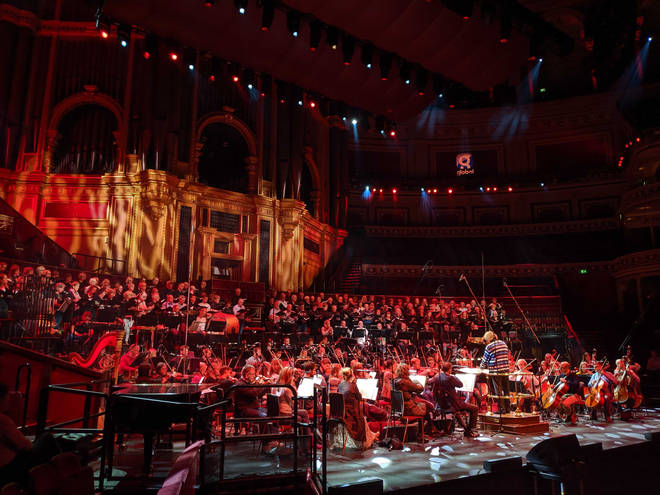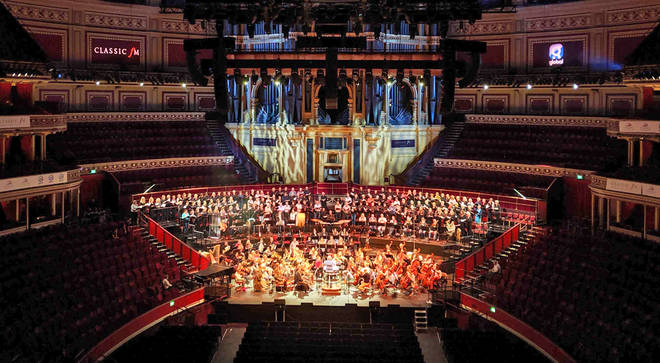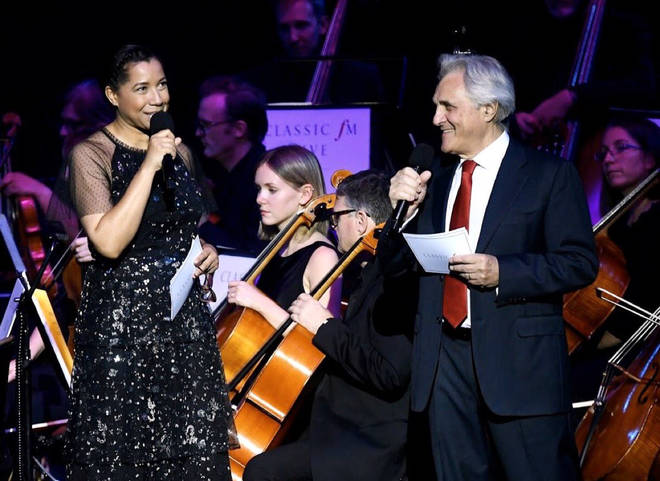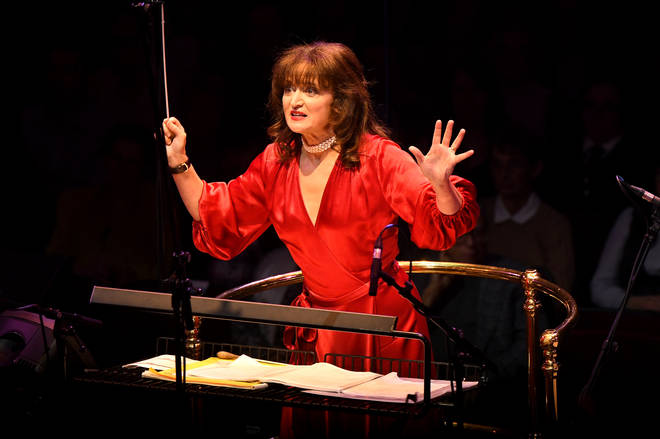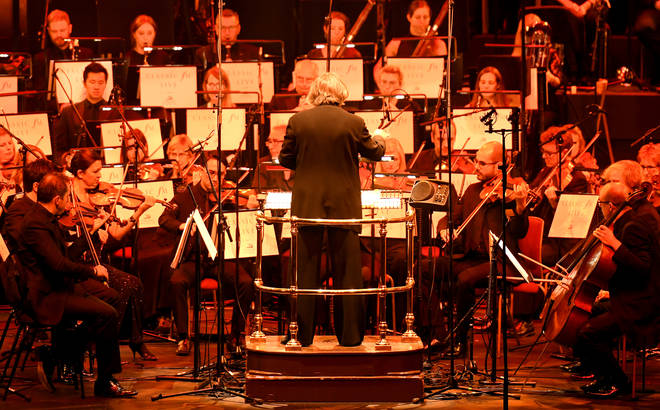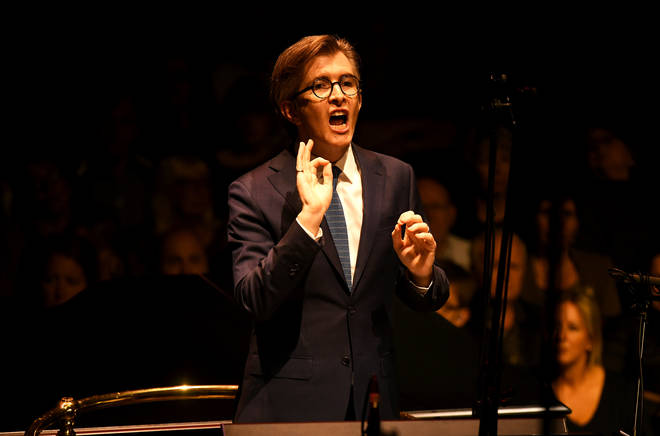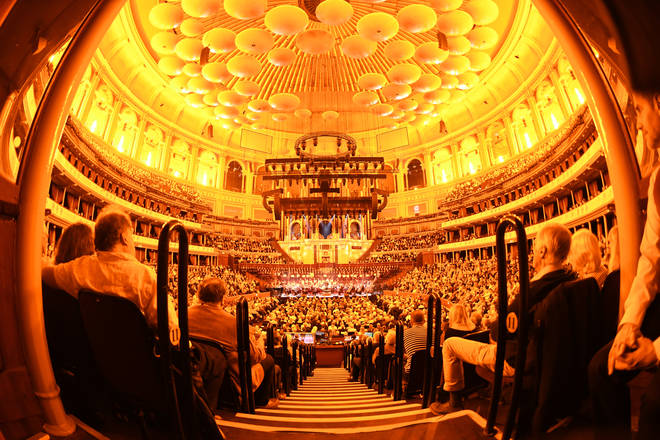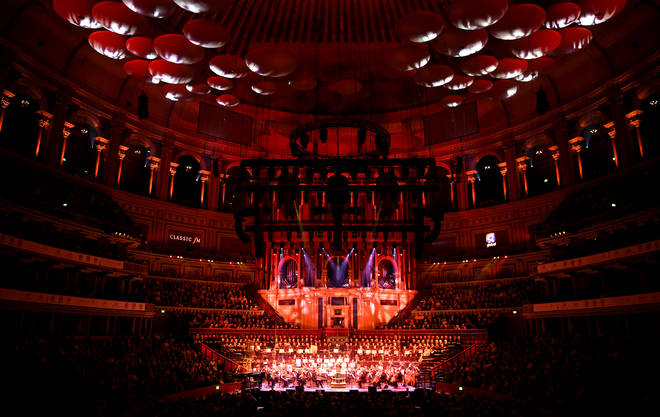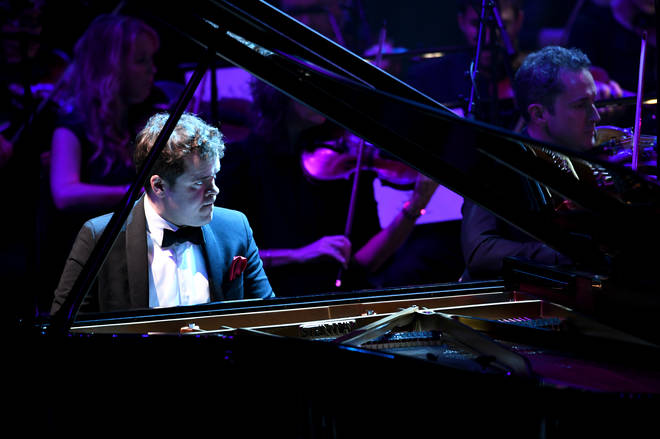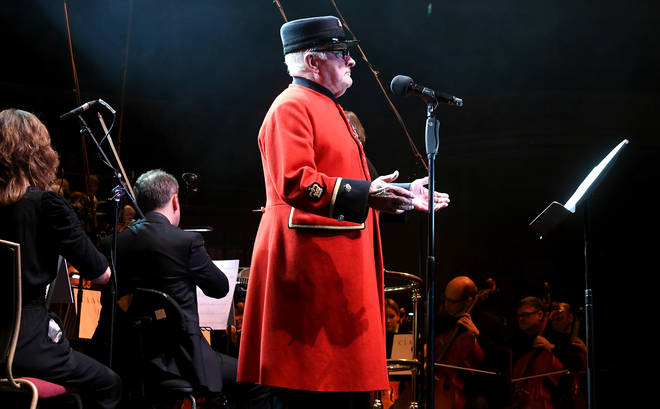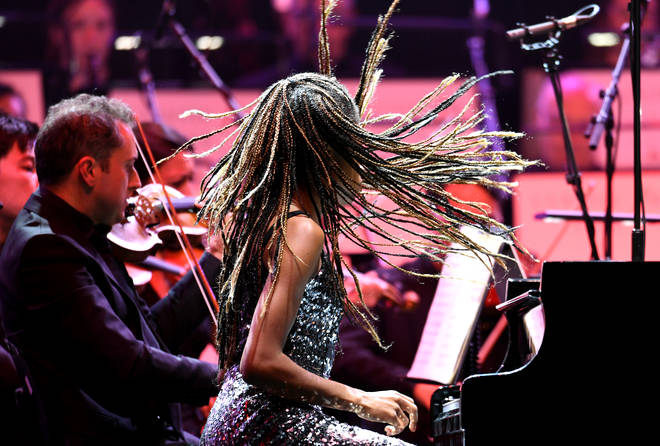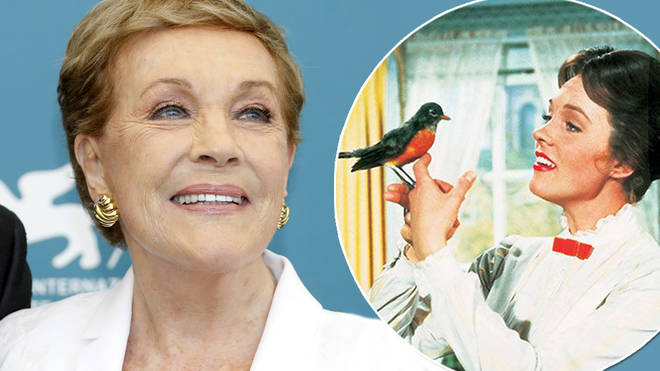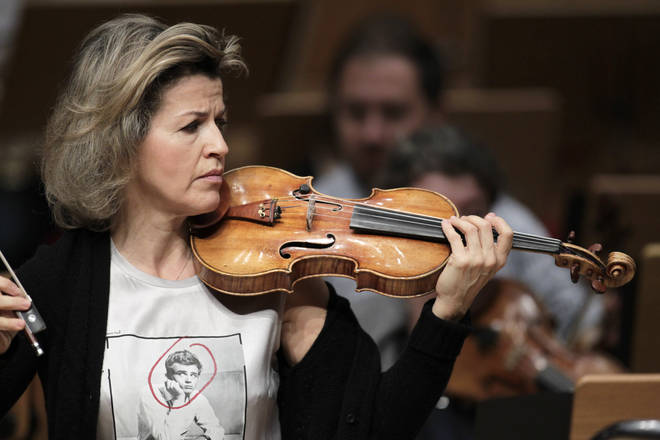– with Gareth Malone and Isata Kanneh-Mason
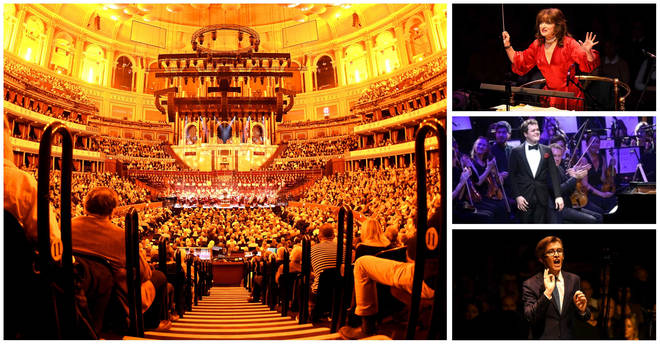
It’s that exciting time of the year again – Classic FM Live 2019 took place at the Royal Albert Hall last night!
Featuring standout performances from choirmaster Gareth Malone, and pianists Isata Kanneh-Mason and Benjamin Grosvenor, there’s a whole host of artists for the audience to enjoy.
We’ll be adding to the gallery during the night, but here are all the highlights from so far...
Rehearsals are in full swing...
Bournemouth Symphony Orchestra and Chorus rehearse ahead of Classic FM Live 2019. Picture: Classic FM We’re joined by the Bournemouth Symphony Orchestra and Chorus
Bournemouth Symphony Orchestra and Chorus. Picture: PA Margherita Taylor and John Suchet present Classic FM Live 2019!
Margherita Taylor and John Suchet present Classic FM Live 2019. Picture: PA / Matt Crossick Debbie Wiseman conducts the ‘Decca Anthem’, in celebration of the record label’s 90th anniversary
Picture: PA / Matt Crossick Stephen Barlow conducts the Bournemouth Symphony Orchestra and Chorus
Picture: PA / Matt Crossick Choirmaster Gareth Malone conducts ‘Wherever You Are’, performed beautifully by soloist Sara Brimer Davey
Picture: PA / Matt Crossick Tonight’s concert hall, in all its glory
Picture: PA / Matt Crossick Views from the back of the stalls...
Picture: PA / Matt Crossick Star pianist Benjamin Grosvenor performs Gershwin’s ‘Rhapsody in Blue’
Pianist Benjamin Grosvenor performs at Classic FM Live 2019. Picture: PA / Matt Crossick Surprise guest, Colin Thackery, performs ‘I vow to thee my country’
Britain's Got Talent winner, Colin Thackery, is a surprise guest on Classic FM Live 2019. Picture: PA / Matt Crossick Isata Kanneh-Mason performs stunning Chopin
Pianist Isata-Kanneh Mason performs at Classic FM Live 2019. Picture: PA / Matt Crossick Pyrotechnics round off Classic FM Live 2019 with a bang!
Classic FM Live 2019 fireworks finale at the Royal Albert Hall. Picture: PA / Matt Crossick





